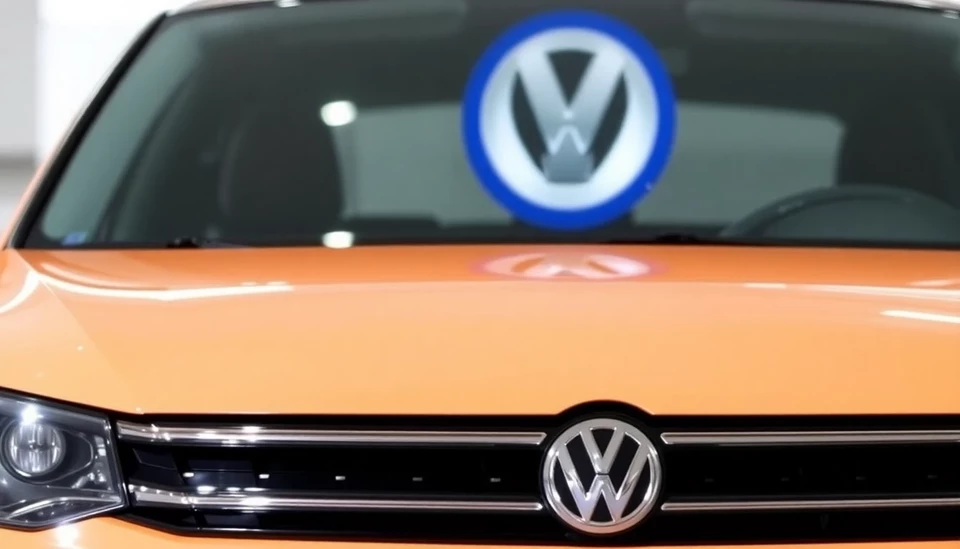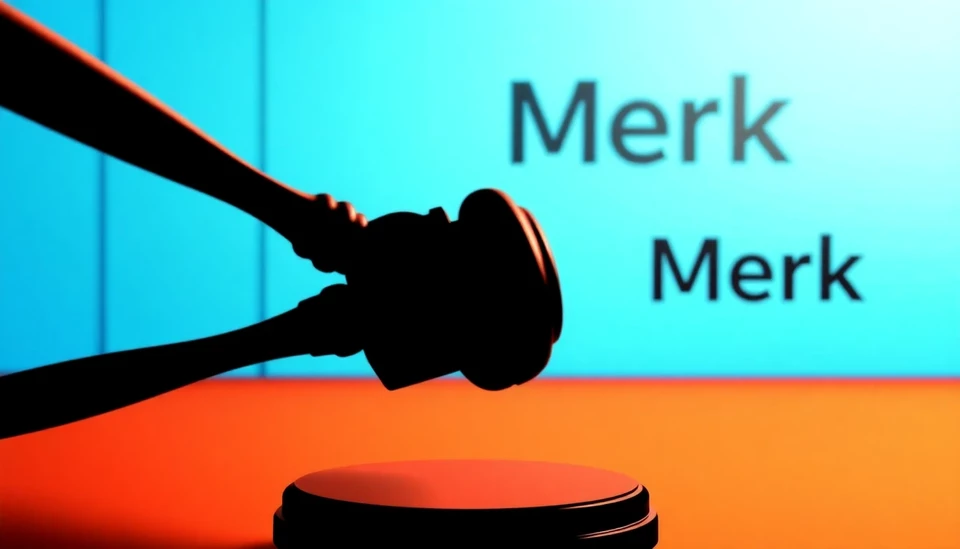
In a significant regulatory crackdown, the European Union has levied fines totaling €458 million ($495 million) on major automotive companies, including Volkswagen, Stellantis, and Renault. This decision, announced on April 1, 2025, follows an extensive investigation into alleged collusion among several car manufacturers regarding the development of technologies aimed at lowering harmful emissions.
The European Commission, the EU's executive arm, stated that these automakers were involved in a clandestine agreement that delayed the introduction of vital emissions-reducing technology. According to the Commission's findings, this collusion impacted the advancement of cleaner vehicles during a critical period when the automotive industry was under increasing scrutiny to meet stringent environmental standards.
Volkswagen, the German automotive giant, is set to absorb the largest share of the penalty, reflective of its significant market position in Europe. Stellantis, which comprises brands like Peugeot, Fiat, and Chrysler, and Renault are also facing hefty fines. In total, fines were imposed on companies responsible for a large portion of car sales in the EU, highlighting the importance of adherence to environmental regulations as the continent moves toward a greener future.
Margrethe Vestager, the EU's competition chief, emphasized that companies have a responsibility to contribute to a sustainable automotive sector. "Collusion among competitors not only hampers innovation but also delays progress toward a cleaner environment," she stated, reiterating the Commission's commitment to enforcing competition laws strictly.
This ruling arrives at a pivotal moment when the EU is doubling down on its climate goals. By penalizing these firms, the Commission aims to reinforce the message that compliance with emission standards is non-negotiable and that the automotive sector must prioritize transparency and cooperation in the transition to electric vehicles.
In response to the fines, representatives from the concerned manufacturers expressed their disappointment and reiterated their commitment to advancing sustainable practices within the industry. They claimed they are actively working on developing cleaner technologies and are fully committed to reducing their carbon footprints as part of the broader transition to a more environmentally friendly economy.
The automotive industry has been under intense pressure from regulators and consumers alike to innovate and reduce emissions. As governments worldwide tighten regulations on air quality and climate change, the prospects of hefty fines present a formidable challenge for manufacturers as they navigate the shifting landscape while trying to maintain profitability.
The European Commission has made it clear that it will not tolerate any actions that undermine competitive practices in the market, suggesting further investigations into other manufacturers may continue. This action sets a precedent that could affect how automotive companies approach technology development and market strategies moving forward.
As the automotive industry heads toward a significant transformation, the implications of this ruling may resonate deeply within the sector, signaling a critical turning point in corporate responsibility towards sustainability.
In the coming years, how these manufacturers respond to regulatory pressures will undoubtedly shape the landscape of the automotive industry in Europe and beyond, as consumers increasingly demand accountability and significant change from their vehicle manufacturers.
In conclusion, this recent ruling by the European Commission could serve as a wake-up call for automakers globally, reinforcing the urgent need for innovation in clean technology and ethical practices within the industry.
#EU #Volkswagen #Stellantis #Renault #Emissions #AutoIndustry #Sustainability #Fines #MarketRegulations
Author: John Harris




